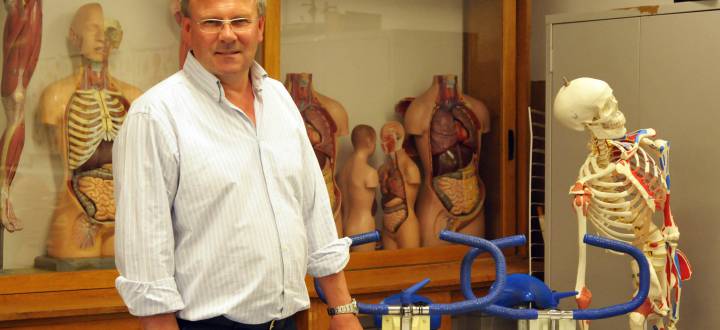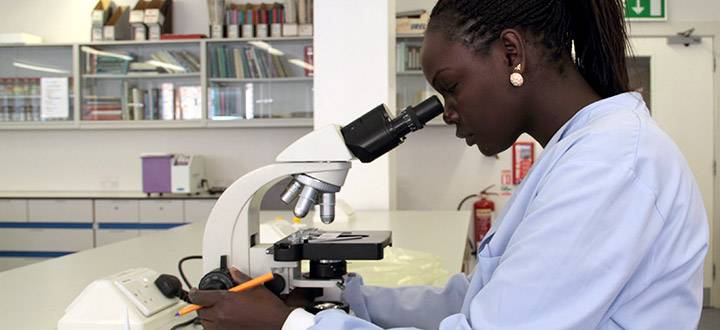Building Bridges: Self-management and co-production in the rehabilitation of people with complex disabilities
In times when the needs of an aging population and the growing number of individuals living with one or more chronic diseases have to be met with limited resources, self-management interventions can avoid dependency on health services and reduce unnecessary health care costs. Over the past decade, self-management has become an important approach for dealing with chronic illness. Supporting people to self-manage their lives and to live well with their health conditions can benefit people's confidence and quality of life.
While self-management programmes were originally developed for specific chronic conditions such as diabetes and asthma, there is huge potential for individual and tailored approaches to benefit people with more complex disabilities such as stroke and brain injury and other complex long-term conditions.
New and innovative approaches for self-management
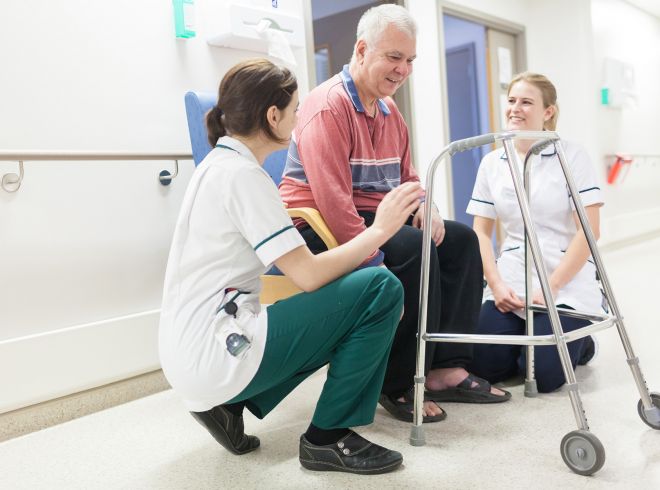 Dr Fiona Jones of the Centre for Health and Social Care Research at Kingston University and St George's University of London, is leading a programme of research which aims to widen the reach of self-management support to individuals with complex disabilities by developing and evaluating new and innovative approaches appropriate to these groups. In the context of rehabilitation or care received, this research creates new evidence with high practical relevance and spearheads the adoption of the self-management approach in specialised clinical fields. Several large projects that contribute to this programme of research are currently underway:
Dr Fiona Jones of the Centre for Health and Social Care Research at Kingston University and St George's University of London, is leading a programme of research which aims to widen the reach of self-management support to individuals with complex disabilities by developing and evaluating new and innovative approaches appropriate to these groups. In the context of rehabilitation or care received, this research creates new evidence with high practical relevance and spearheads the adoption of the self-management approach in specialised clinical fields. Several large projects that contribute to this programme of research are currently underway:
- Investigating the feasibility of a group self-management programme after stroke (GUSTO)
- Self-management support following traumatic brain injury (Building Bridges after Brain injury)
- Collaborative rehabilitation environments in acute stroke (CREATE)
Individuals living with complex disabilities are affected in various ways, and the most suitable strategies to provide self-management support to these groups are context-dependent and need to be developed in a collaborative manner. This research utilises co-production, participatory and mixed research methods, and emphasises the involvement of individuals living with complex disabilities, their families and healthcare practitioners in the research process.
The Bridges Self-Management Programme
In a forward-thinking and innovative approach, the implementation in practice of this research has been operationalised through a social enterprise, Bridges Self-Management Limited. This small enterprise, spun out from Kingston University and St George's University of London, was set up to support a team of trainers and researchers to produce tailored self-management resources, deliver training in self-management support to health and social care professionals, and provide change management consultancy services. Bridges Self-Management Limited is directly informed by the team's own latest research findings. Training and implementation processes are continuously developed and evaluated based on implementation science principles, allowing the team to operate in a highly efficient and responsive manner.
Impact
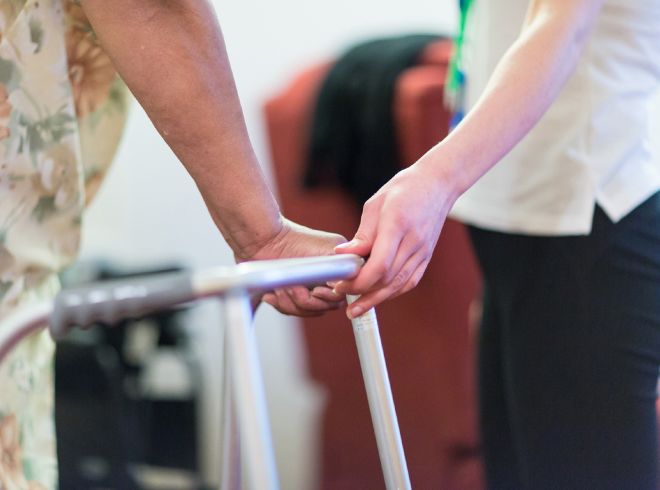 Since 2008, over 20 distinct research and service improvement projects have contributed to this programme of research. These activities have shown considerable impact in the scientific and clinical communities, through a number of publications in international scientific journals, presentations at national and international scientific conferences, and collaborations with academics and clinicians internationally in Belgium, New Zealand, Australia, and South Africa.
Since 2008, over 20 distinct research and service improvement projects have contributed to this programme of research. These activities have shown considerable impact in the scientific and clinical communities, through a number of publications in international scientific journals, presentations at national and international scientific conferences, and collaborations with academics and clinicians internationally in Belgium, New Zealand, Australia, and South Africa.
Outputs from this research have influenced the United Kingdom's national clinical guidelines for stroke, published by the Royal College of Physicians, and have been incorporated in a recent Cochrane systematic review of self-management programmes for people who have had a stroke (Fryer et al. 2016).
This programme of research has shown real-world impact through Bridges Self-Management Limited, which over the past years has delivered consultancy and training in self-management support to over 150 different health and social care teams, reaching over 2,000 individual practitioners and an estimated 15,000 people living with stroke, brain injury and other long-term conditions. This research brings direct benefit to the health and social care workforce and their client groups, by equipping practitioners to support self-management in people with complex disabilities. It reduces inappropriate dependency on and unnecessary use of health care services, and by doing so improves the confidence and quality of life of their clients and their client's families.
Collaborations/partnerships
- St George's University Hospitals NHS Foundation Trust
- King's College Hospital NHS Foundation Trust
- London Major Trauma Centres & the Pan London Trauma System
- Lewisham and Greenwich NHS Trust
- Your Healthcare Community Interest Company
- The Health Foundation
- King's College London
- University of Leeds, Leeds Institute of Health Sciences
- University College London, Institute of Neurology
- Katholieke Universiteit Leuven (KU Leuven), Belgium
- Flinders University
- University of Western Australia
- University of Southampton
- Imperial College London
Funding
- National Institute for Health Research (NIHR)
- The Health Foundation
- Thomas Stanley Johnson Fellowship
- HESL Innovation award
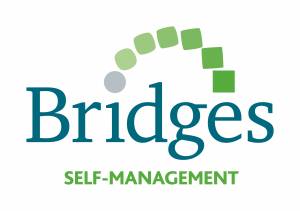
Contact us
- For non-student research enquiries, email the Research Office
- Research contacts
- Graduate Research School contacts
- Business and Enterprise contacts
- How to get to Kingston University
Contact us
- For non-student research enquiries, email the Research Office
- Research contacts
- Graduate Research School contacts
- Business and Enterprise contacts
- How to get to Kingston University
